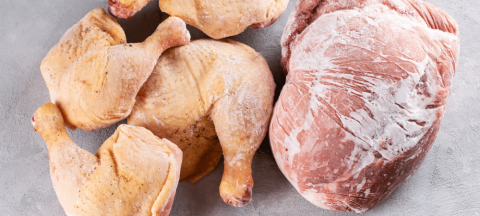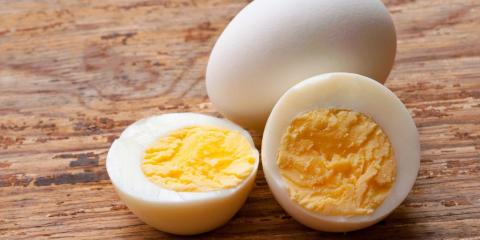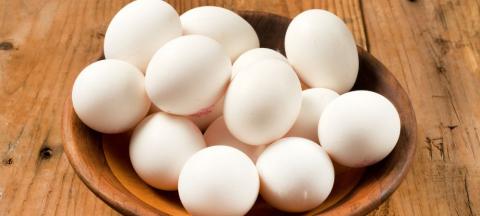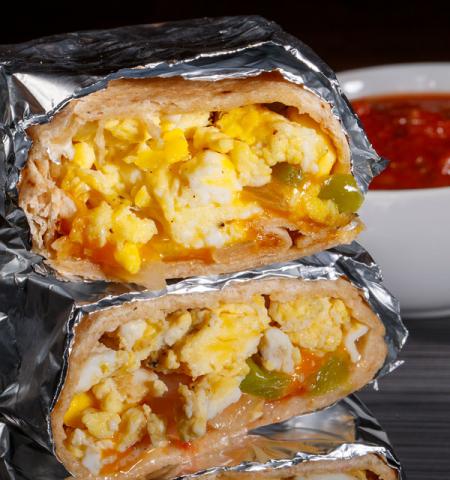
When you are decorating, cooking or hiding Easter eggs, extra care is needed to enjoy them without the risk of getting sick. Here are some important safe handling tips to remember this time of year:
- Inspect the eggs before purchasing them and make sure they are not dirty or cracked. Dangerous bacteria may enter a cracked egg.
- Store eggs in their original carton in the refrigerator rather than the refrigerator door.
- Wash your hands with soap and water before handling the eggs when cooking, cooling, dyeing and hiding them.
- Refrigerate hard-cooked Easter eggs until just before the hunt.
- If you are having an Easter egg hunt, consider hiding places carefully. Avoid areas where the eggs might come into contact with pets, wild animals, birds, reptiles, insects, lawn chemicals, or other potential sources of bacteria.
- After the hunt, find all the eggs you have hidden. Discard cracked or dirty eggs and eggs left unrefrigerated for more than 2 hours. Rinse uncracked eggs and put them in the refrigerator until it's time to eat them. DO NOT EAT hard-boiled eggs used for an egg hunt or as decorations if they have been at temperatures above 40ºF for more than two hours; discard them.
- Refrigerate hard-cooked eggs in their shells and use them within 1 week.
Source:
- Keep Your Easter Ham and Eggs Pathogen-Free This Year, U.S. Department of Health & Human Services
- Happy Spring from Food Safety for Moms to Be, U.S. Food & Drug Administration
This article has been peer-reviewed. It was originally written by Alice Hennman. Reviewed and updated in 2020.
Tags:
Feedback Form
Feedback Form
If you do not see the article, please scroll up the page.







